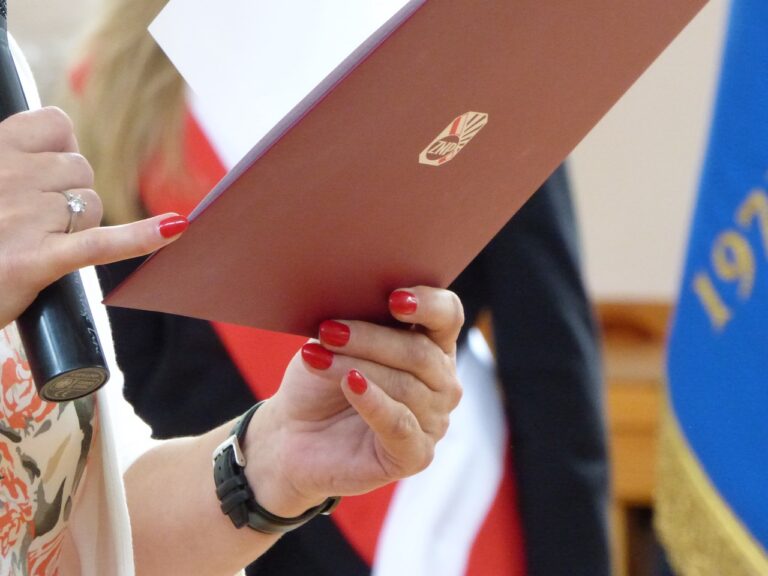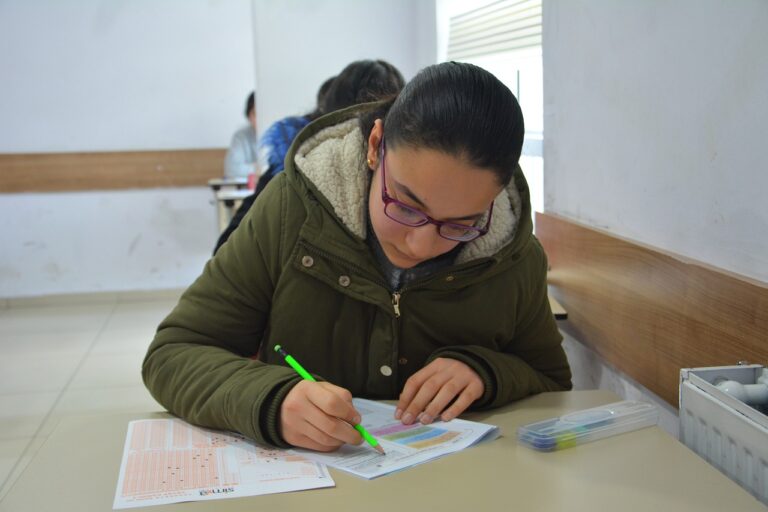Exploring the Benefits of Global Learning Experiences for Students
Experiencing different cultures can broaden our horizons and deepen our understanding of the world around us. By immersing ourselves in diverse traditions, beliefs, and practices, we gain valuable insights into the complexities of human societies. This exposure fosters tolerance, empathy, and appreciation for the richness of global heritage, allowing us to develop a more inclusive and open-minded perspective.
Moreover, engaging with different cultures enhances our personal growth and enriches our lives in countless ways. It challenges our preconceptions, inspires creativity, and encourages us to embrace new ways of thinking and being. Through this exchange, we not only discover similarities that connect us as individuals but also celebrate the unique differences that make each culture special and meaningful.
Enhancing Global Awareness and Perspective
Experiencing different cultures undoubtedly broadens our horizons and deepens our understanding of the world around us. Individuals who immerse themselves in diverse cultural experiences are more likely to develop a broader perspective and appreciation for the richness of human diversity. By engaging with different customs, traditions, and ways of life, we can cultivate empathy and respect for people from all walks of life.
Moreover, exposure to various cultures enables us to challenge our assumptions and preconceived notions. It encourages us to question our own beliefs and values, leading to personal growth and fostering a more inclusive mindset. Embracing global awareness allows us to see the interconnectedness of our world and the importance of working together to address global challenges.
Developing Intercultural Communication Skills
Interacting with individuals from diverse cultural backgrounds can significantly enhance one’s capacity to communicate effectively across various cultural boundaries. Through these intercultural interactions, individuals can learn to navigate differences in communication styles, nonverbal cues, and social norms. This exposure can help develop flexibility and adaptability in communication, enabling individuals to engage in meaningful dialogues with individuals from different cultural contexts.
Practicing intercultural communication skills not only fosters mutual understanding and respect but also helps individuals become more empathetic towards others’ perspectives and experiences. By honing these skills, individuals can break down barriers that hinder effective communication and collaboration in multicultural settings. Embracing the nuances of different cultures can enrich one’s own communication style and promote inclusive and harmonious interactions in diverse environments.





